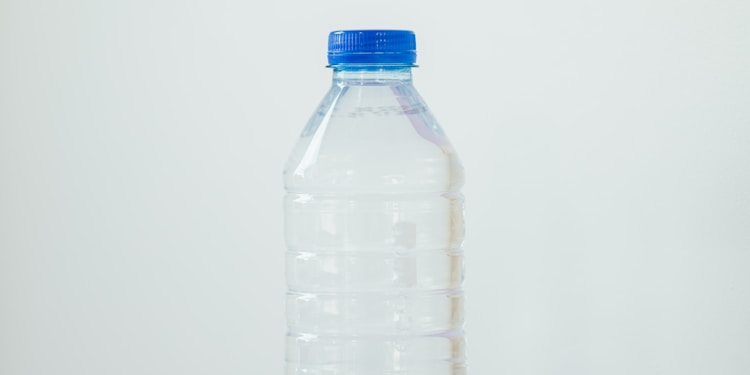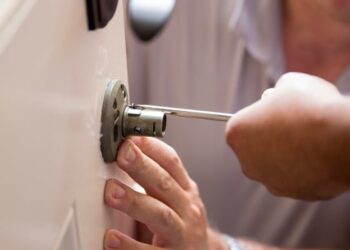Most people know that they should install a water softener in their home, but many young homeowners don’t understand why it’s important.
In this blog post, we’ll discuss some of the key benefits of using a water softener. If you’re still not sure whether or not you should invest in one, you can find the answers!
We’ll also cover some of the top reasons why you should install a water softener in your home. Softened water can help improve your quality of life in numerous ways; read on to learn more.
If you’re having a hard time finding a reliable plumbing company to install your water softener, you can contact the team at Diamondback Plumbing for help.
Hard water can leave spots on dishes and glasses
Have you ever noticed spots on your dishes or glasses after they’ve been washed in hard water?
The spots on your dishes are caused by minerals in the water, and they can easily be removed with a little vinegar. Simply fill your sink with very hot water and add a cup of vinegar. Then let your dishes soak for 15 minutes before rinsing them clean.
You’ll be amazed at the difference. Not only will your dishes come out spot-free, but they’ll also be brighter and shinier than ever before.
So the next time you see those telltale spots, just grab a bottle of vinegar and give it a try (if you don’t already have a water softener).
Hard water causes a film to build up on shower doors and walls
Let’s talk about hard water. You know, the kind of water that leaves a film on your shower doors and walls?
Yeah, that stuff. Hard water is the result of high levels of minerals, including calcium and magnesium, in the water.
These types of minerals can come from a variety of sources, including rocks and soil. When hard water mixes with soap, it forms a scummy film. This film can be quite difficult to remove and can cause your shower doors and walls to look dirty.
In addition, the film can trap dirt and grime, making it even harder to keep your bathroom clean. The good thing is that there are a number of ways to deal with hard water. Water softener units can remove the minerals from the water, making it easier to keep your bathroom clean. Furthermore, there are a number of soaps and cleaners that are designed specifically for use with hard water.
The minerals in hard water makes your hair feel dry and brittle
Have you ever noticed that your hair feels dry and brittle after shampooing in hard water? It’s not your imagination- the minerals in hard water can actually make your hair feel this way. Thankfully, there are a handful of things that you can do to combat this problem.
First, try using a chelating shampoo, which is designed to remove mineral build-up from your hair. You can also use a water filter to remove minerals from your shower water before you shampoo. Finally, be sure to condition your hair after shampooing, as this will help to hydrate and protect your hair from damage.
Using hard water can also cause skin irritation
Even though hard water is safe to drink, it can cause skin irritation and dryness. In addition, the minerals in hard water can leave deposits on pipes and fixtures, reducing the water pressure and making it difficult to clean dishes and laundry. As a result, it is important to test your water supply if you notice any of these problems.
A simple water hardness test can be used to determine the levels of minerals in your water. If the levels are too high, you may need to install a water softener or use bottled water for drinking and cooking.
Hard water is bad for your appliances – it can shorten their lifespan and increase your energy bills
can cause mineral buildup in your appliances, which can shorten their lifespan and increase your energy bills. That being said, there are numerous things you can do to protect your appliances from hard water damage. First, install a water softener to remove the minerals from your water supply. Second, make sure you’re using the correct detergent for hard water. Finally, regularly descale your appliances to prevent mineral buildup.
5 reasons to install a water softener — Conclusion
Installing a water softener can have a number of benefits for your home, including reducing the amount of soap and detergent you need to use, minimizing corrosion and scaling on your plumbing and fixtures, and helping to protect your pipes from bursting.
If you’re interested in installing a water softener in your home, contact your local plumbing service to get more information about the options available to you. They can help you choose the right system for your needs and install it so that you can start enjoying softer water as soon as possible.











